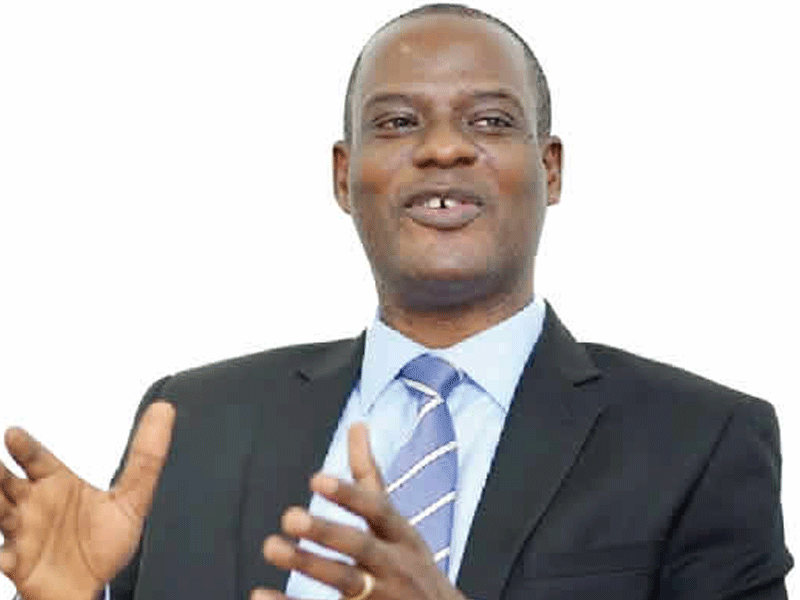The Chairman of the Presidential Advisory Committee on Fiscal Policy and Tax Reform, Mr. Taiwo Oyedele, has outlined the committee’s proposal for a more equitable derivation formula for Value Added Tax (VAT) distribution among federal, state, and local governments.
According to Oyedele, the suggested changes aim to create a “fairer system” by basing VAT distribution on the location of consumption rather than solely on where VAT is collected.
Oyedele’s clarification comes in response to recent opposition from the Northern States Governors Forum (NSGF), which has rejected the proposed amendments in the Tax Bill currently under consideration by the National Assembly. Northern governors argue that the derivation model could disadvantage states with lower VAT-generating activities. In a communique issued after their joint meeting with the Northern Traditional Rulers Council, the governors urged lawmakers to “oppose any bill that jeopardizes the well-being of our people.”

The proposal by the federal committee, according to Oyedele, would ensure that states generating goods or services that are VAT-exempt, or consumed in other regions, would still receive recognition for their contributions. He noted, “A state that produces essential goods shouldn’t lose out because its products are VAT-exempt. The state of origin should be acknowledged for its contributions.”
Despite the pushback, Oyedele confirmed that the committee is seeking a balanced solution, noting that they plan to work with stakeholders across all regions. He clarified that the proposed reforms focus on VAT distribution and do not call for a reduction in the federal government’s share of overall federation revenue. The recommendation, Oyedele added, aims to increase the share allocated to state and local governments from 85% to 90%, with the intention of discontinuing multiple forms of consumption taxes that currently create an additional tax burden on businesses.
The ongoing VAT reform debate reflects broader concerns about fiscal equity, as both federal and state leaders navigate challenges around taxation and revenue sharing amidst Nigeria’s current economic strain.
Meanwhile, former Independent National Electoral Commission (INEC) Chairman, Professor Attahiru Jega, expressed concerns over Nigeria’s economic policies being influenced by international organizations like the World Bank and International Monetary Fund (IMF). Speaking at the Chartered Institute of Directors of Nigeria (CIoD) Annual Directors’ Conference, Jega cautioned the government to be wary of taking all advice from these institutions, warning that such policies might lead to long-term issues despite short-term benefits.
Senator Ali Ndume, representing Borno South, echoed similar sentiments, urging the federal government not to burden the poor with more taxes. Ndume highlighted the economic hardships facing average Nigerians, particularly those in poverty, and advocated for a tax approach that targets wealthier individuals and corporations.
As debates around taxation policies and economic direction continue, Nigeria’s leaders face the challenge of balancing fiscal responsibility with the pressing need for social equity.



